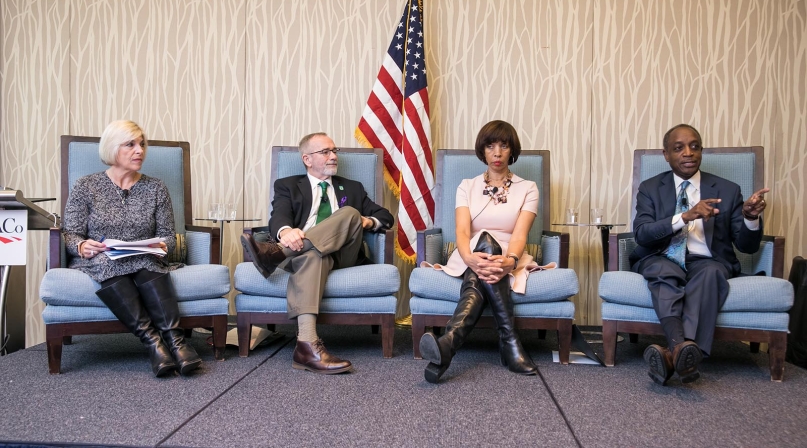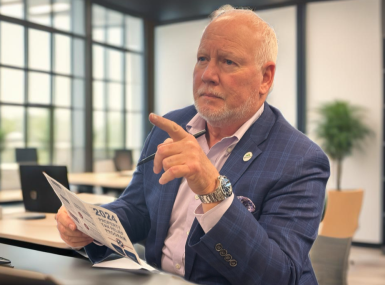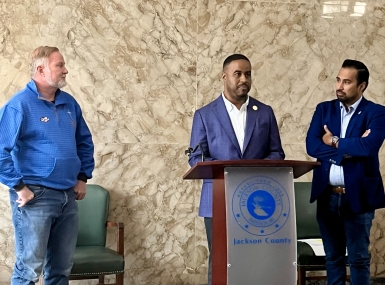All is not lost when public loses confidence

When your county is in trouble, be specific with the public about what can be done better, and how you plan to do it
Even beleaguered counties have a way back into citizens’ good graces. It involves communication, accountability and commitment from officials who do have the public’s confidence. Three local government officials in a variety of roles explained how during a workshop session on gaining citizen buy-in.
Lane County, Ore.’s budget cuts in the face of lost of timber revenue decimated the public safety budget, leaving the county with one deputy over nearly 5,000 square miles.
“People didn’t trust us,” said Commissioner Pat Farr, with a touch of gallows humor. “So what better time to ask for a really big revenue levy?”
After five failed levy votes, the county put the sheriff, the last person voters believed in, out as the face of the request.
“We promised specific things — a minimum of 225 jail beds, counseling and secure treatment and that the money would be placed in a separate revenue fund and audited independently,” he said. “You have to make certain the entire jurisdiction hears the promises. We promise, very clearly, what we’ll deliver.”
Thanks to the trusted sheriff, not only did the next levy pass, but in several years the county was able to reduce the tax rate.
Baltimore City Mayor Catherine Pugh schedules a weekly press conference and twice-monthly meetings with groups representing all populations of the city.
Her common refrain during community listening tours:, “We heard what you said, we’re bringing the services you requested.”
In some cases, that has meant reconfiguring schedules for services to match the needs of residents. For instance, homeless services are open at night, rather than from 9-5.
DeKalb County, Ga. CEO Michael Thurmond could have campaigned in the southern half of his county during his 2016 campaign and won easily, but he committed to showing up all over the Atlanta metro county that is divided north and south on racial and partisan lines.
“You can win, but can you serve?” he asked. “You will represent the people who didn’t vote for you, or didn’t vote at all.”
That self-awareness can help the government pull out of inertia when the public isn’t happy.
“If you find yourself with low credibility, be honest, accept the lack of trust and recognize that you are obligated to over communicate,” Thurmond said. “If a person does not trust you, they’ll filter out even good information.”
Attachments
Related News

Now I know getting the public’s attention is hard
Kalamazoo County, Mich. Commissioner John Taylor found that demonstrable results help draw the public's awareness of the work counties do.

Now I know to remember why I’m there
When David Copeland won a seat on the Tipton County, Tenn. Commission, he made it a point to increase outreach to his district in hopes of engaging his constituents.

Jackson County chair combines diverse experiences for effective leadership
A fellowship funded by the Congressional Black Caucus kick-started DaRon McGee’s career in public service, but his promise to his mother brought him back to Jackson County, Mo., where he's made his name.
